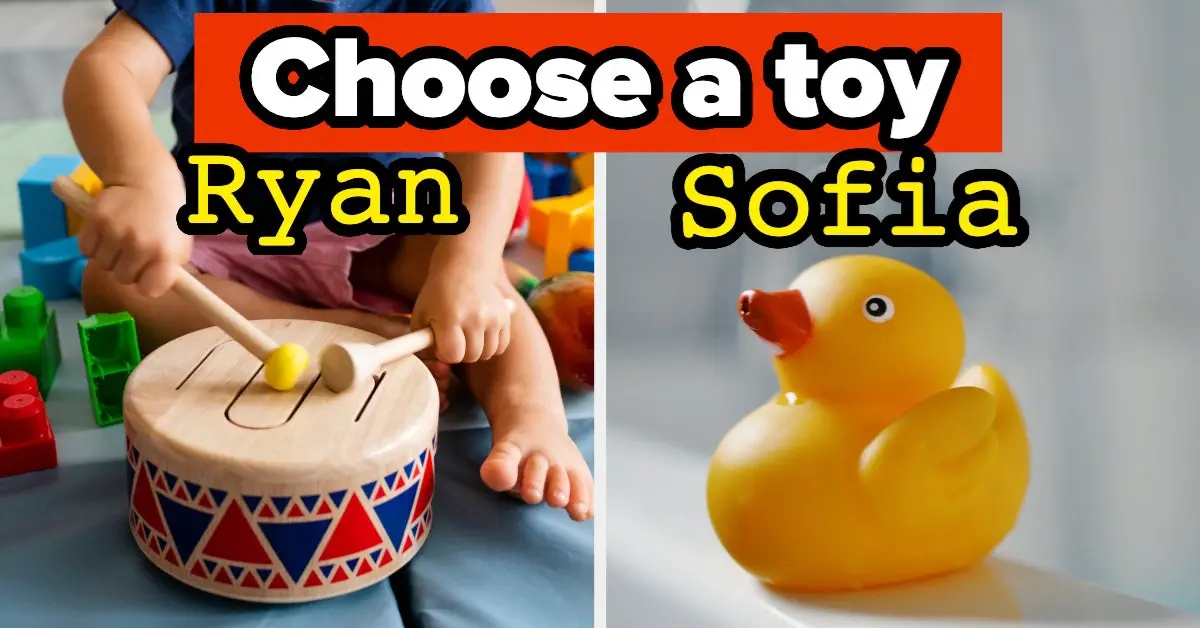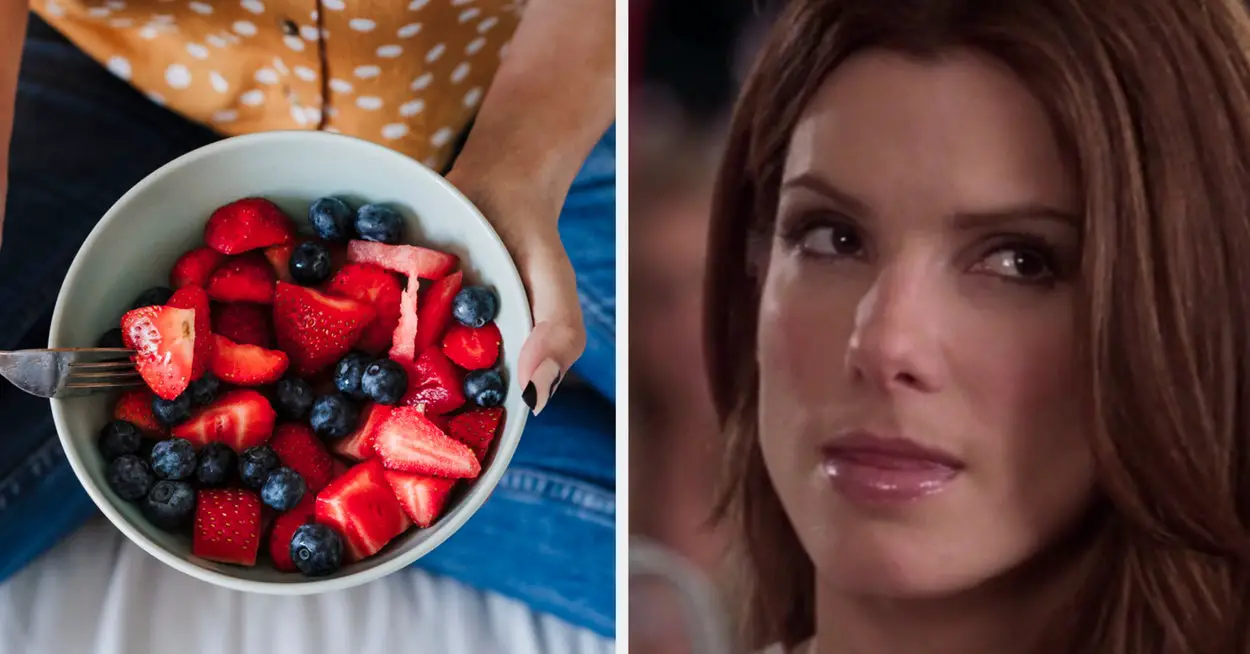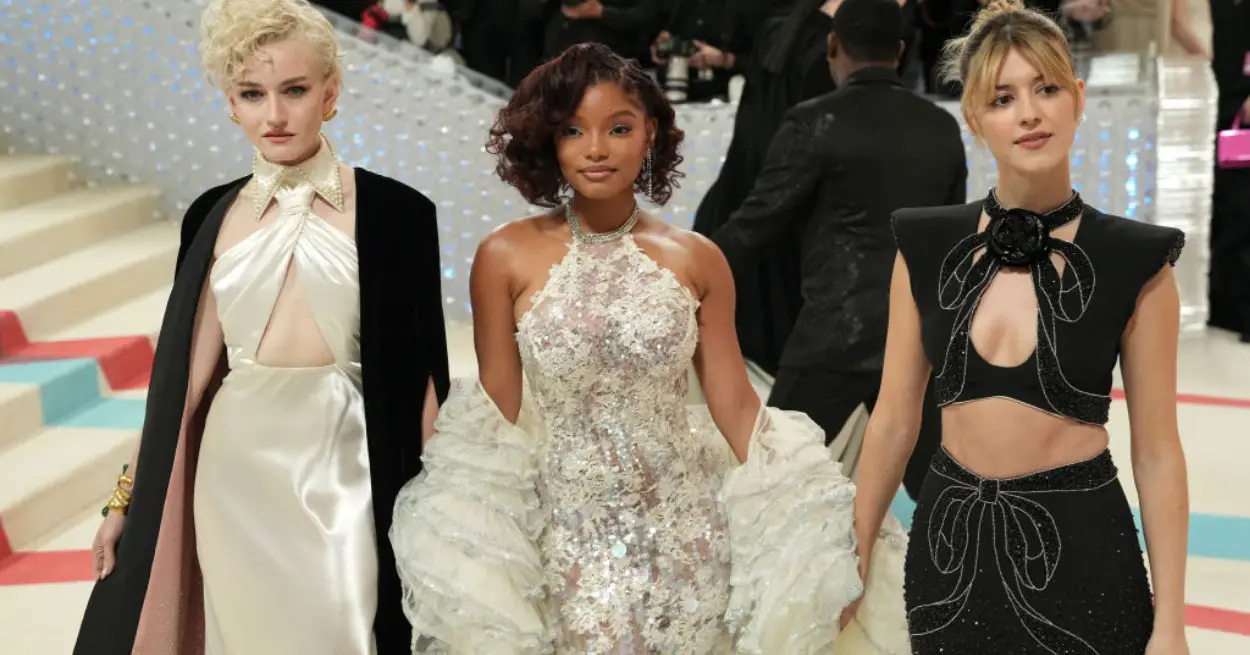from the backwards-lawmaking dept
What could possibly go wrong? Earlier this week we wrote about an Arkansas bill, SB396, which was modeled after Utah’s recent unconstitutional social media bill, and tries to ban kids from social media. Except, as we noted, it appeared to explicitly exempt pretty much all of social media, except for maybe Facebook and Twitter. The wording is so unclear, but also, oddly specific. For example, it says it exempts:
Social media company that allows a user to generate short video clips of dancing, voice overs, or other acts of entertainment in which the primary purpose is not educational or informative
Which, yes, seems strange. However, Governor Sarah Huckabee Sanders, who also recently signed into law a bill to end the process of age verifying workers in meat processing plants, is suddenly concerned about the welfare of children, and so happily signed this bill, claiming it will protect children.
Yes, now only meat packing plants can get away with exploiting kids for profit in Arkansas.
And, of course, all of the evidence suggests that this law will actually put many kids in much greater danger, as well as harm everyone’s privacy. Age gating sites will require intrusive age verification procedures, which create all sorts of security nightmares. Requiring parental permission will put kids who are estranged from their parents, or who engage in activities or beliefs at odds with their parents, at risk.
But, still, the bill is so poorly worded that even the sponsor of the bill, Senator Tyler Dees, is confused. Again, the bill appears to explicitly exempt social media that involves “short video clips of dancing” (which could likely exclude TikTok, Snapchat, Instagram, and YouTube in some form). But the sponsor claims it’s targeting those very sites.
“The purpose of this bill was to empower parents and protect kids from social media platforms, like Facebook, Instagram, TikTok and Snapchat,” Dees said in a statement. “We worked with stakeholders to ensure that email, text messaging, video streaming, and networking websites were not covered by the bill.”
Except it sure looks like you exempted most of those.
Either way, this bill is just as unconstitutional as the Utah bill. It’s privacy invasive, and it rips apart the right of children to access information, which has long been established by the Supreme Court.
Filed Under: arkansas, protect the children, sarah huckabee sanders, social media, social media ban, teenagers, tyler dees
Companies: facebook, instagram, meta, tiktok, youtube
Source link











Leave a Reply